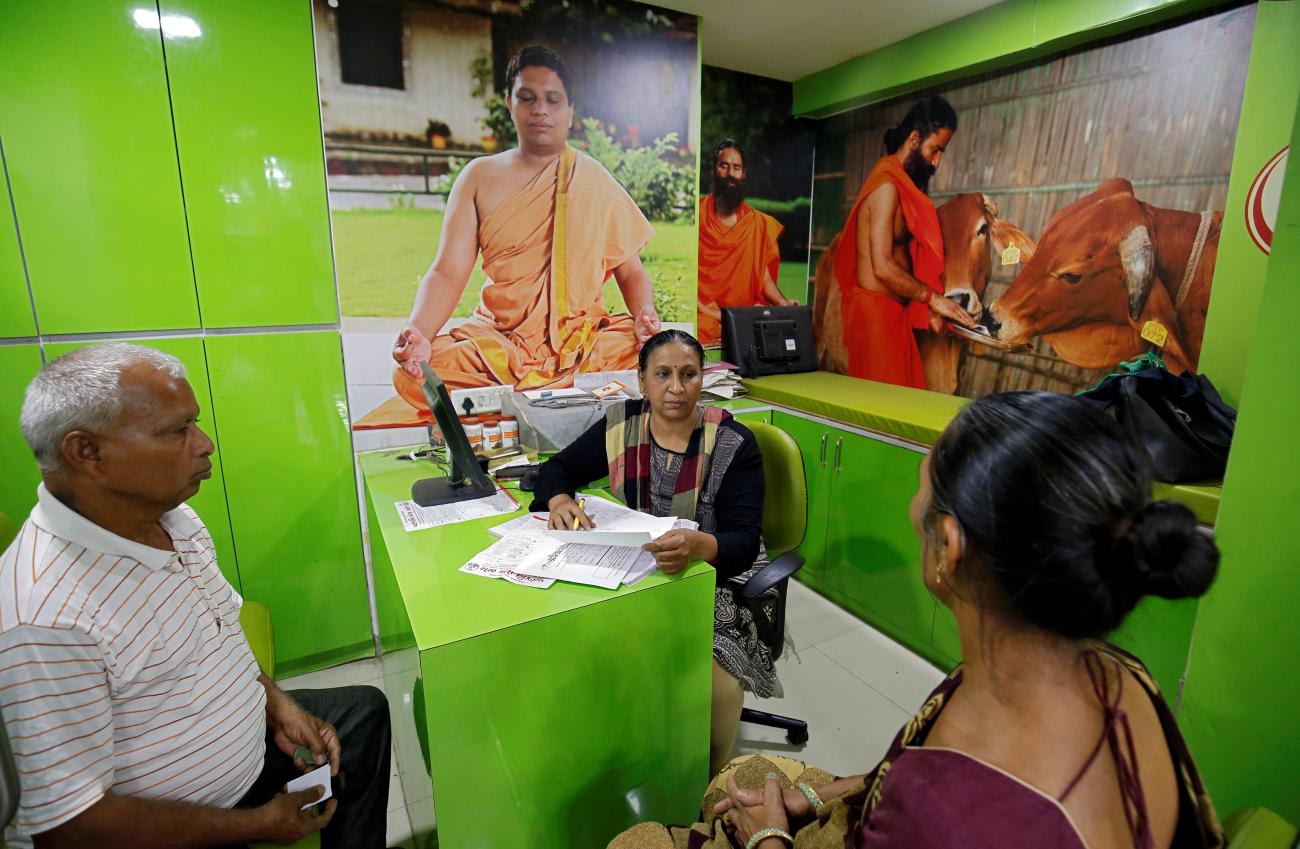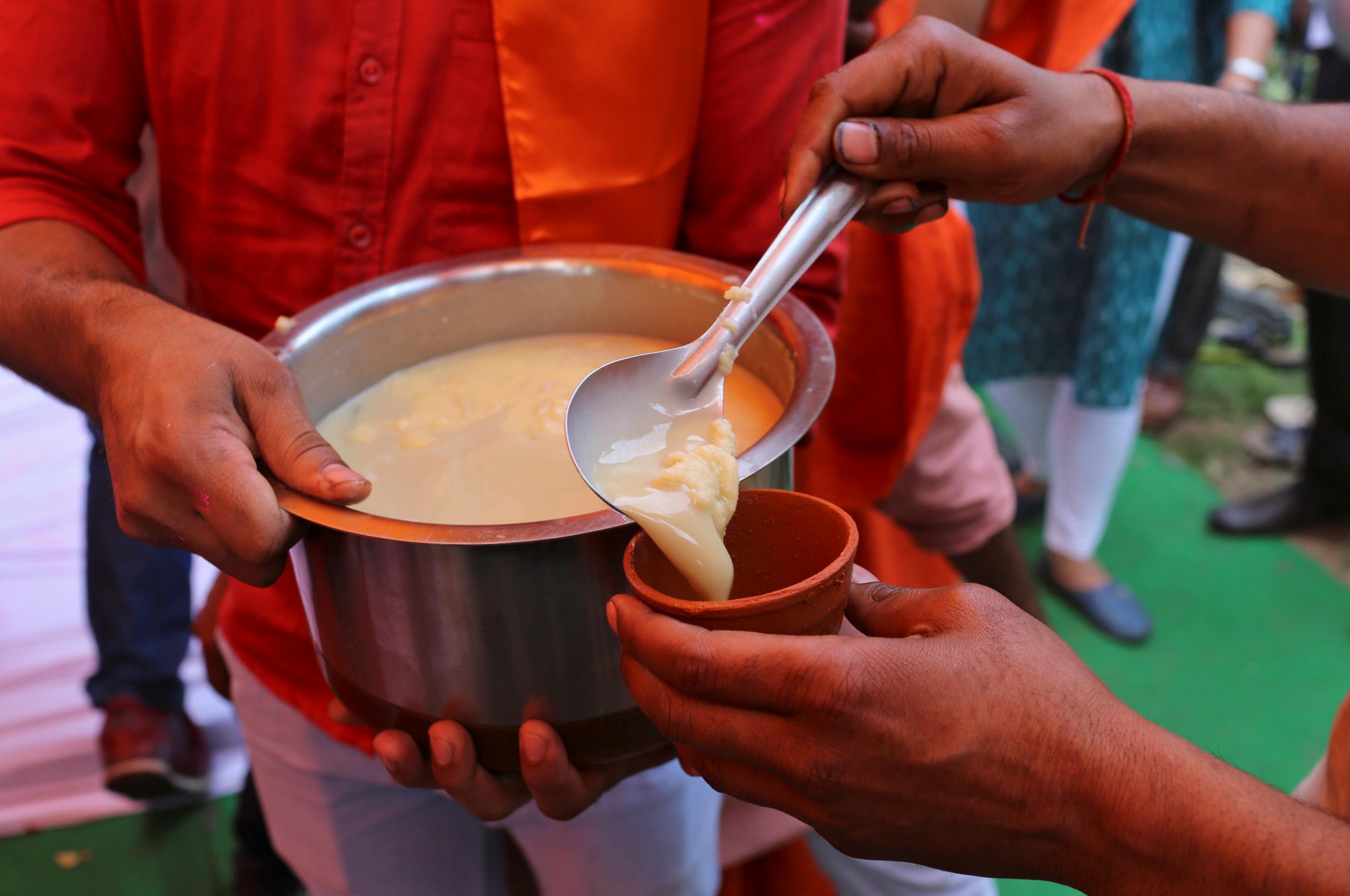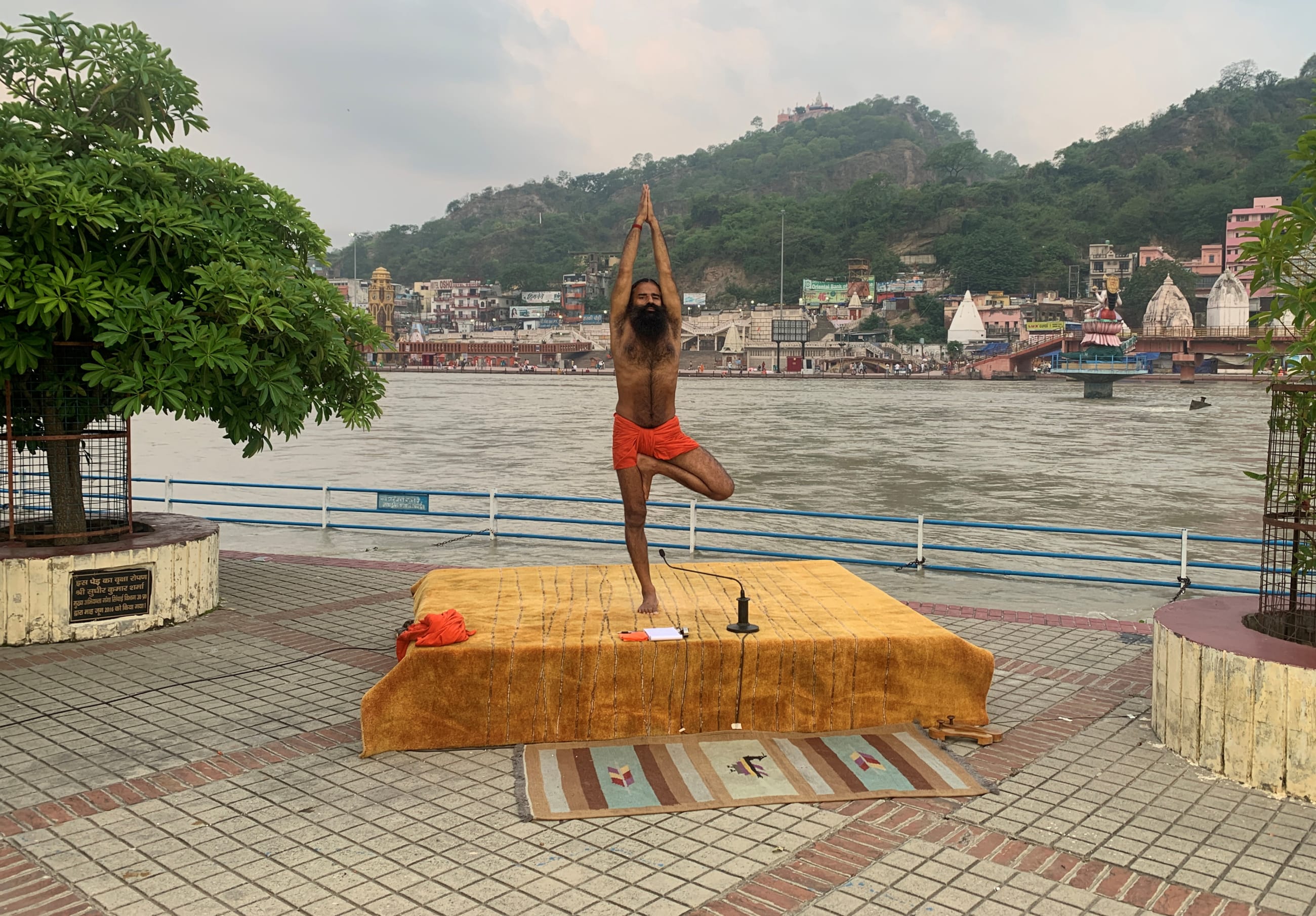In April, the Indian government announced that influencers will soon be required to disclose their qualifications when dispensing advice that affects people's health.
Once the mandate comes into force, influencers who fail to disclose their credentials could face legal action, such as monetary penalties, under India's consumer protection law.
"It will help people understand who to follow and trust," Divija Bhasin, a psychologist and influencer addressing mental health stigma in India, said.
A Growing Demand for Health Information
Since the COVID-19 pandemic, Indians have increasingly turned to social media for advice on improving their health and well-being.
"Once [influencers] gained some popularity, they started saying things that did not make sense medically," said Harsh Kedia, a Mumbai-based chef and influencer who talks about the harms of consuming sugar on social media. "They should be accountable for what they say."
Indian social media is replete with health-related claims that are not supported by evidence
Indian social media is replete with health-related claims that are not supported by evidence. Chewing cloves can help improve liver function. Cooking food in a pressure cooker can lead to at least forty-eight ailments. Herbal medicines reduce the size of gall bladder stones so that they do not have to be surgically removed. Controlling seminal fluids transforms sexual energy to physical, mental, and spiritual well-being.
These messages can have harmful consequences. Some social media users have reported that their relying on herbal medicines to manage gall bladder stones—rather than having their gall bladders surgically removed—led to severe infections.
Cyriac Abby Philips, a hepatologist who uses social media to spread awareness on preventive medicine, says that qualified clinicians on social media often make content catered toward "the medical crowd" rather than the typical social media user.
"So, there is a huge gap where the common man is thirsty for information about their health," Philips said. "They have simple questions such as whether oats are healthy or whether fruits should be eaten at night. This gap has been filled by health influencers who give out advice that doesn't make any scientific sense."

Regulating the Health Influencer Market
The influencer market has witnessed burgeoning growth in the last few years. The Influencer Marketing Hub, an influencer- and creator-focused media company in Denmark, valued the global influencer market at $16.1 billion in 2022. According to Statista, the Indian market stood at about $155 million in the same year and is projected to grow at a compound annual growth rate of 25 percent over the next five years. A significant portion of this money is from health and wellness content.
The influencers' sway over consumers is apparent. According to the Advertising Standards Council of India, a voluntary organization that regulates the advertising business, seven in every ten Indians are likely to buy a product endorsed by an influencer.
Governments around the world are now introducing regulations to govern this market. Most relate to paid advertisements and endorsements by influencers. The Indian government's announcement on disclosure of qualifications was preceded by guidelines that mandated influencers to state their material interest in products and services they are endorsing.
Some countries have sought to curb other harms as well. In an effort to address mental health concerns associated with social media, the Norwegian government has mandated social media influencers to declare when a paid post was photoshopped. More recently, the Federal Trade Commission in the United States mandated wellness influencers to ensure that claims in relation to health-related products are substantiated with scientific evidence.
Seven in every ten Indians are likely to buy a product endorsed by an influencer.
Advocates Worry They Will Be Pushed Out
Some influencers are concerned that the Indian government's proposed mandate could have unintended consequences.
"My concern is that the focus on qualifications alone could create barriers for those without formal credentials but with valuable insights and lived experiences on health issues," Ayushee Ghoshal, a mental health advocate who talks about emotional well-being and body positivity on Instagram, said.
According to Pranav Radhakrishnan, a YouTube content creator who is known for calling out pseudoscience on his channel, fear mongering about health issues on social media is rampant. "Usually, the advice is based on Ayurveda," he said.
Not just influencers, the current Indian government also actively promotes Ayurveda, the alternative medicine system practiced in India. Some experts worry that the proposed mandate maybe selectively enforced against proponents of this system.
"What is going to happen if Baba Ramdev [a controversial yoga teacher and Ayurveda practitioner in India] does not display his qualifications," said Simon Chauchard, associate professor at the University of Carlos in Madrid who studies social media misinformation in developing countries. "Will the government go after him?"
The Indian government intends to educate influencers about the mandate and deploy computer programs that automatically search web pages for certain key words to catch violators. It has offered little clarity on when and how disclosures are to be made, however.
"It's not just about telling people to display their credentials," Philips said. "Some checks should be in place where we know those credentials are actually from credible places."
In the meantime, "we need to educate people a lot more on where they need to get health information," he said. "If they are well informed, it will only take a few minutes to identify who that person is and what the credentials are."













